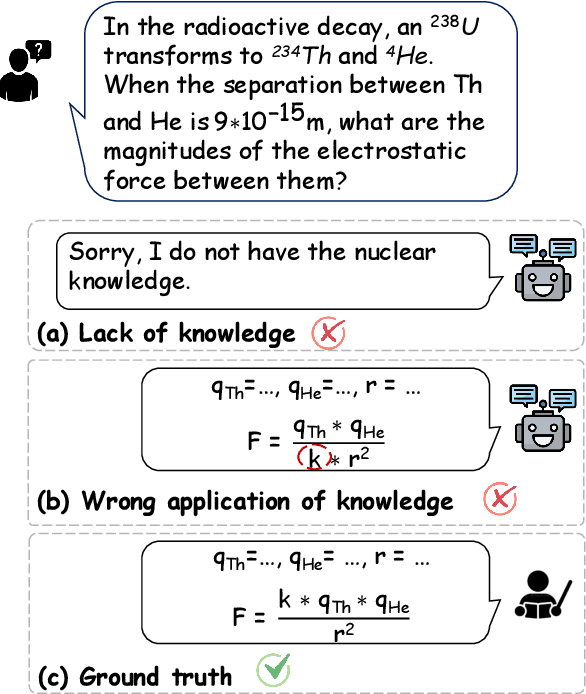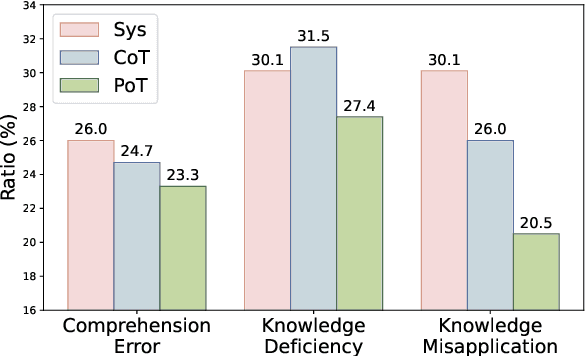Xinyu Pang
LCGC: Learning from Consistency Gradient Conflicting for Class-Imbalanced Semi-Supervised Debiasing
Apr 09, 2025Abstract:Classifiers often learn to be biased corresponding to the class-imbalanced dataset, especially under the semi-supervised learning (SSL) set. While previous work tries to appropriately re-balance the classifiers by subtracting a class-irrelevant image's logit, but lacks a firm theoretical basis. We theoretically analyze why exploiting a baseline image can refine pseudo-labels and prove that the black image is the best choice. We also indicated that as the training process deepens, the pseudo-labels before and after refinement become closer. Based on this observation, we propose a debiasing scheme dubbed LCGC, which Learning from Consistency Gradient Conflicting, by encouraging biased class predictions during training. We intentionally update the pseudo-labels whose gradient conflicts with the debiased logits, representing the optimization direction offered by the over-imbalanced classifier predictions. Then, we debiased the predictions by subtracting the baseline image logits during testing. Extensive experiments demonstrate that LCGC can significantly improve the prediction accuracy of existing CISSL models on public benchmarks.
Physics Reasoner: Knowledge-Augmented Reasoning for Solving Physics Problems with Large Language Models
Dec 18, 2024



Abstract:Physics problems constitute a significant aspect of reasoning, necessitating complicated reasoning ability and abundant physics knowledge. However, existing large language models (LLMs) frequently fail due to a lack of knowledge or incorrect knowledge application. To mitigate these issues, we propose Physics Reasoner, a knowledge-augmented framework to solve physics problems with LLMs. Specifically, the proposed framework constructs a comprehensive formula set to provide explicit physics knowledge and utilizes checklists containing detailed instructions to guide effective knowledge application. Namely, given a physics problem, Physics Reasoner solves it through three stages: problem analysis, formula retrieval, and guided reasoning. During the process, checklists are employed to enhance LLMs' self-improvement in the analysis and reasoning stages. Empirically, Physics Reasoner mitigates the issues of insufficient knowledge and incorrect application, achieving state-of-the-art performance on SciBench with an average accuracy improvement of 5.8%.
A Closer Look at the Self-Verification Abilities of Large Language Models in Logical Reasoning
Nov 14, 2023Abstract:Logical reasoning has been an ongoing pursuit in the field of AI. Despite significant advancements made by large language models (LLMs), they still struggle with complex logical reasoning problems. To enhance reasoning performance, one promising direction is scalable oversight, which requires LLMs to identify their own errors and then improve by themselves. Various self-verification methods have been proposed in pursuit of this goal. Nevertheless, whether existing models understand their own errors well is still under investigation. In this paper, we take a closer look at the self-verification abilities of LLMs in the context of logical reasoning, focusing on their ability to identify logical fallacies accurately. We introduce a dataset, FALLACIES, containing 232 types of reasoning fallacies categorized in a hierarchical taxonomy. By conducting exhaustive experiments on FALLACIES, we obtain comprehensive and detailed analyses of a series of models on their verification abilities. Our main findings suggest that existing LLMs could struggle to identify fallacious reasoning steps accurately and may fall short of guaranteeing the validity of self-verification methods. Drawing from these observations, we offer suggestions for future research and practical applications of self-verification methods.
 Add to Chrome
Add to Chrome Add to Firefox
Add to Firefox Add to Edge
Add to Edge